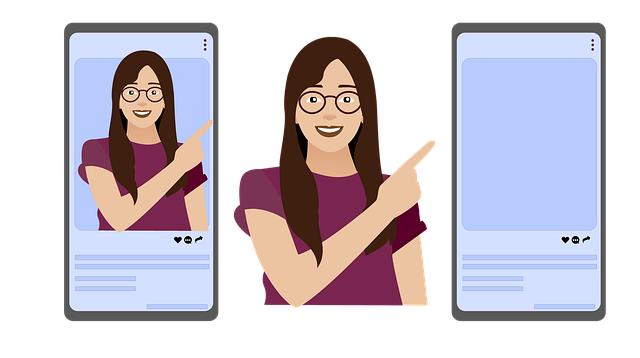Unwanted calls, regulated by the TCPA, are a common nuisance. New Yorkers affected can consult a lawyer for unwanted call New York to navigate complexities and mitigate intrusions. Community action plans, developed through resident input, strategic planning, and collaboration, educate residents, identify callers, and engage legal remedies to combat unwanted phone calls effectively.
Tired of relentless unwanted calls? You’re not alone. In today’s digital age, managing nuisance calls has become a universal challenge. This guide equips New York residents with the tools to combat this issue. We’ll navigate the legal perspective, helping you understand your rights and options as defined by state laws. By assessing community needs, developing effective strategies, and implementing a sustained action plan, we aim to empower folks to reclaim their peace and quiet from unwanted call intruders.
Understanding Unwanted Calls: Legal Perspective
Unwanted calls, also known as telemarketing or robocalls, are a prevalent issue that can be legally addressed. In the United States, the Telephone Consumer Protection Act (TCPA) of 1992 is a key piece of legislation designed to curb excessive and nuisance calls. This law grants consumers the right to silence unwanted telephone solicitations and provides strict rules for businesses making such calls. Violating the TCPA can lead to significant legal consequences, including substantial fines and damage to the caller’s reputation.
New York residents who are experiencing a surge in unwanted calls may consider seeking legal counsel from a specialized lawyer. A lawyer for unwanted call New York can offer guidance on navigating the complexities of the TCPA and help individuals or communities develop strategies to mitigate these intrusions. By understanding their rights and available legal remedies, New Yorkers can take proactive measures against unwanted callers, ensuring a more peaceful and respectful communication environment.
Assessing Your Community's Needs and Concerns
Understanding your community’s unique situation is crucial when crafting an effective action plan against unwanted calls, especially involving persistent legal issues like those from lawyers for unwanted calls in New York. Begin by organizing informational sessions or workshops to gather input from residents. These gatherings can help identify specific problems and concerns related to unsolicited phone marketing or legal actions.
Encourage community members to share their experiences and suggest solutions. Common themes might include excessive robocalls, aggressive sales tactics, or challenges dealing with persistent legal notifications. By assessing these needs collectively, you can tailor strategies that resonate with the community, ensuring everyone’s voices are heard and addressed in the action plan.
Developing Strategies for Action
Creating a community action plan against unwanted calls requires strategic thinking and collective effort. The first step is to gather insights and feedback from community members who frequently receive intrusive phone calls, such as those from lawyers or telemarketers. Organize focus groups or conduct surveys to understand the types of calls, their frequency, and the impact on residents’ daily lives. This information will help identify patterns and prioritize areas for action.
Once you have a clear picture of the problem, develop strategies that align with your community’s needs. Consider collaborating with local law enforcement or consumer protection agencies to implement legal measures against persistent unwanted callers. Additionally, educate residents about their rights and available tools to block or report nuisance calls. Engaging with a lawyer for unwanted call in New York can also provide tailored guidance and support for effective action.
Implementing and Sustaining the Action Plan
Implementing a community action plan against unwanted calls requires collective effort and sustained commitment. Start by educating residents on the issue, its impact, and available legal recourse, such as consulting a lawyer for unwanted call New York. Encourage everyone to participate in identifying and reporting nuisance callers using local resources or dedicated apps. Regular meetings or online forums can help maintain momentum and facilitate information sharing.
To sustain the action plan, establish clear goals and measurable outcomes. Track progress, celebrate successes, and address challenges openly. Collaborate with local law enforcement, telecommunications providers, and community leaders to enhance enforcement and awareness. Regularly reviewing and updating the plan based on feedback and new developments ensures its relevance and effectiveness in combating unwanted calls.






